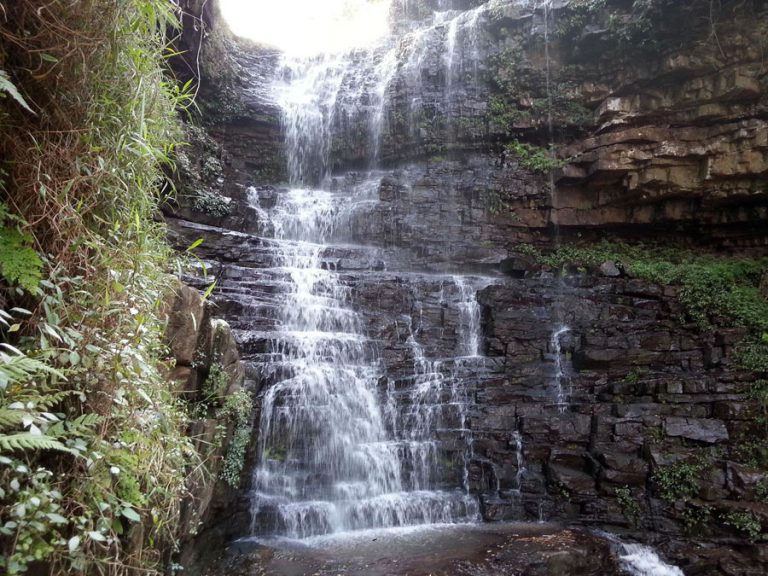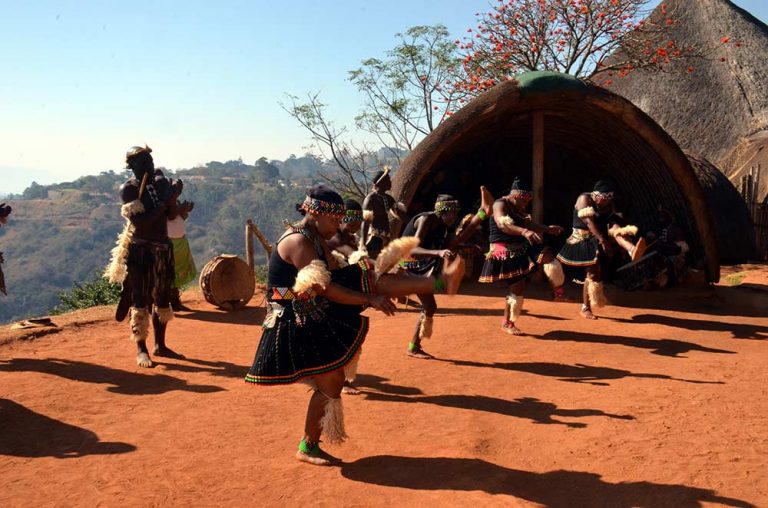In the next step of “controlling what we can control”, SATSA’s Reimagining the Value Chain Thinktank tackles Cancellations – a critical pressure point that must be solved if the Tourism Sector is to navigate the immediate negative impact of COVID and thrive in a post-COVID world.
If you missed the Reimagining the Value Chain Thinktank’s guiding framework on dealing with deposits and how to save the forward book, click here.
This week’s guiding framework around Cancellations is important if we are to position South Africa and its Tourism Sector as travel friendly and trustworthy and generate demand.
As we compete with other destinations, we must demonstrate a willingness to meet the traveller, who is prepared to take the risk of travelling, halfway. We must also put the cancellation risk into perspective – not everyone who books, will book to cancel.
“Nobody books to cancel. We’ve all been fairly successful in persuading customers to postpone as opposed to cancel and keep that forward book. If it means you have the occasional booking that you have to refund, for the long-term reputation and integrity of our brand, it’s a small price to pay.”
Travel cancellations as a result of COVID will be isolated, so it would be foolish to manage our entire business around risk and then deal with demand. We must manage our business around demand and then deal with the isolated risks.
Cancellations – what’s the problem?
The problem lies in balancing the concerns of the traveller with the concerns of the supplier.
The concern of the traveller is that they may not be able to travel as a result for reasons out of their control, and that they will be stuck with having to pay a cancellation penalty. They would therefore rather not book, and so demand disappears.
The concern of the supplier is that they won’t be able to re-sell their vacant rooms, as well as cover the costs incurred prior to the guest’s arrival.
“There’s a fine balance between being super flexible and a guest cancelling out and you’ve incurred a whole bunch of cost.”
But risk is not a 100% certainty. It’s an equation of the level of impact multiplied by the level of probability of it occurring. What is the level of probability of a cancellation occurring and then the level of impact? How do we share the risk between the industry and the traveller in a way that we can still get demand going?
“If we put ourselves in the shoes of the traveller, the tour operator or the supplier, there’s a risk. When we think about whether a risk is worth taking, it’s worth considering that the following equation is considered – the level of negative impact and the level of probability of this risk occurring. If something is a 10% probability and a minor impact, why not extend very flexible cancellation penalties through times of COVID and improve demand?”
What is the cancellation solution that would encourage travellers who are worried about cancellations, while fairly allocating the impact where that travel can’t occur?
The solution lies in being flexible around cancellations to create an environment which encourages business. This would mean you would allow cancellations up until a period of time close to the arrival, or the day of arrival, or even during the stay.
Whatever the cancellation or non-use penalty then is, must be reasonable taking into account the impact to you, the product, as well as the client’s perception of value.
Here are two suggested guidelines proposed by the Thinktank in terms of dealing with cancellations:
- Allow travellers to cancel up until the day of arrival based on force majeure reasons as a result of COVID specifically.
- Allow travellers to cancel up until 48 hours. Whatever the cancellation fee, it must reasonable and transparency is important.
Four principles apply in this guiding framework:
We are talking about cancellations only where the cancellation is due to circumstances outside of the traveller’s control due to COVID.
We propose
- Be flexible – around cancellation period timing.
- Be reasonable – if a penalty is going to apply, it should be ‘reasonable’.
- Be transparent – explain the reasoning.
- Communicate your cancellation policy clearly.
“The principle has to be around flexibility. Be as flexible as you will allow. The risk is that if you’re not flexible enough you’re not going to get any customers, so which is more important?”
“The general recommendation should be: Make it as flexible and easy as possible and rather get something, rather than nothing. We’re competing with the rest of the world.”
How you play the game at this time determines whether you will have a game afterwards. You can destroy your destination’s reputation in the way that you handle this existing situation. It’s important to realise that if there’s no demand, there’s no game.
“South Africa has an extraordinary opportunity to drive business. We have to be flexible to address the concerns of our travellers and make our destination totally tourism friendly. On those occasional times, we might lose a bit of business, but at least we’re in the game. If we’re not in the game, we’ve got nothing.”
“We’ve got to take a big-picture on this thing and get in the game. It’s our one opportunity.”
“We have to create the demand that we have the most lenient cancellation policies and we’ve done that now with deposit policies, which makes us an attractive destination.”

